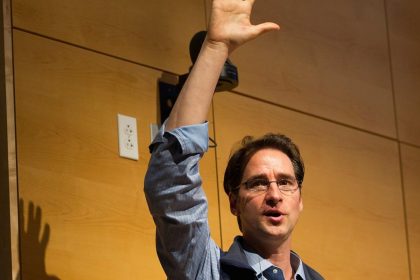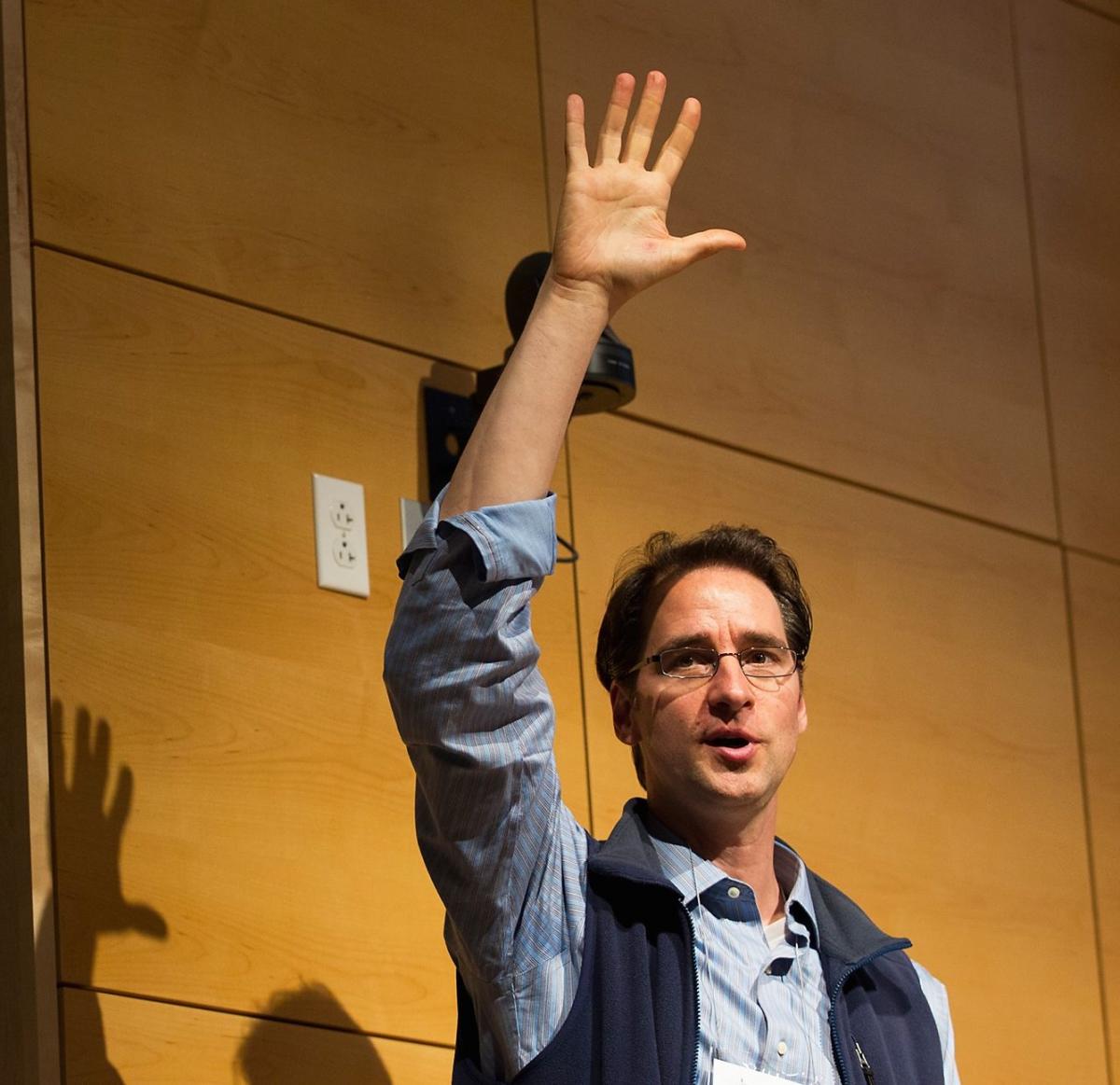
 About half-way into FSNE’s 21-Day Racial Equity Habit Building Challenge, there have been some very interesting learnings, discussions, and reflections offered up via the Forum, Facebook event page, and Twitter (#FSNEEquityChallenge). I am heartened and hopeful that all of this is helping to normalize the conversation about race and racism and to galvanize strategies and actions for dismantling racial and other forms of oppression in this region and country.
About half-way into FSNE’s 21-Day Racial Equity Habit Building Challenge, there have been some very interesting learnings, discussions, and reflections offered up via the Forum, Facebook event page, and Twitter (#FSNEEquityChallenge). I am heartened and hopeful that all of this is helping to normalize the conversation about race and racism and to galvanize strategies and actions for dismantling racial and other forms of oppression in this region and country.
One conversation that has been showing up quite a bit in my work with the Interaction Institute for Social Change is the connection (and sometimes competition) between race and class as contributing to social disparities. My experience has been that people (and really mostly white people) are often more comfortable talking class than race and therefore suggesting that poverty and inequality mostly owe to issues of economic policy.
Take, for example, Robert Putnam. author of Bowling Alone, who has released a new book called Our Kids: The American Dream in Crisis about the growing problem of inequality in this country. There is an interesting piece in The Washington Post about the book, and how it stands to take the conversation about poverty and inequality to the next and more popular level, which is a good thing. Putnam certainly shows himself as an ardent and genuine fighter for economic justice and the future of our children and country. There is also commentary in the article about how Putnam does not fully account for or recognize the role of race in all of this.
It is reminiscent of the conversation in New England about race-class dynamics that seem to be strongly influenced by where one lives and if one is white or a person of color. While there are many more white people in our region, and therefore more white people living in poverty in terms of absolute numbers, people of color are undeniably over-represented when we look at rates of poverty, food insecurity, obesity, diabetes. As a colleague of Putnam’s is quoted as saying in The Washington Post article, “You can say politically or strategically that we can set aside race and just look at class differences. But analytically, based on the data, the black-white gap is just too big and too persistent to set aside.”
The article goes on to mention how President Obama has tried to strike a kind of middle ground (Putnam has actually been one of his advisors) by saying that poverty and family disruption aren’t uniquely “black problems, but ones that hit the black community before the white working class” and that acknowledging this unites more people behind the problem. This has been the approach of a few networks with which I’ve been working, to disaggregate the data and rally around and with those most negatively impacted with the belief (and for a number of us, the experience) that this leads us naturally to other disparities.
So often, in my experience anyway, when we lead with class we can tend to overlook or obscure race. Case in point, a recent report showing that over half of all US public school students now live in poverty shows that this is highly correlated with race. And yet, when reports are offered up in mainstream media (Marketplace, for example) they are expunged of any explicit mention of racial disparities and instead use code words such as “urban” and “suburban.” I find myself asking why his is done. Is it (meant to be) strategic? And what are we doing to ourselves as a result?
I am curious to hear what others’ reactions are to this and how you and your community/organization are holding and navigating this conversation about the impact of race and class as relates to food and really all systems.
Consider sharing through Twitter (#FSNEEquityChallenge), a blog post of your own (submit your idea here), the Challenge’s Facebook page, and if you haven’t formally joined, sign up here and weigh in through the on-line Forum.
Curtis Ogden is a Senior Associate with the Interaction Institute for Social Change (IISC) and a member of the FSNE Network Team. He supports a variety of food system-focused networks through his work at IISC. Curtis lives in Amherst, MA with his wife and three daughters.




